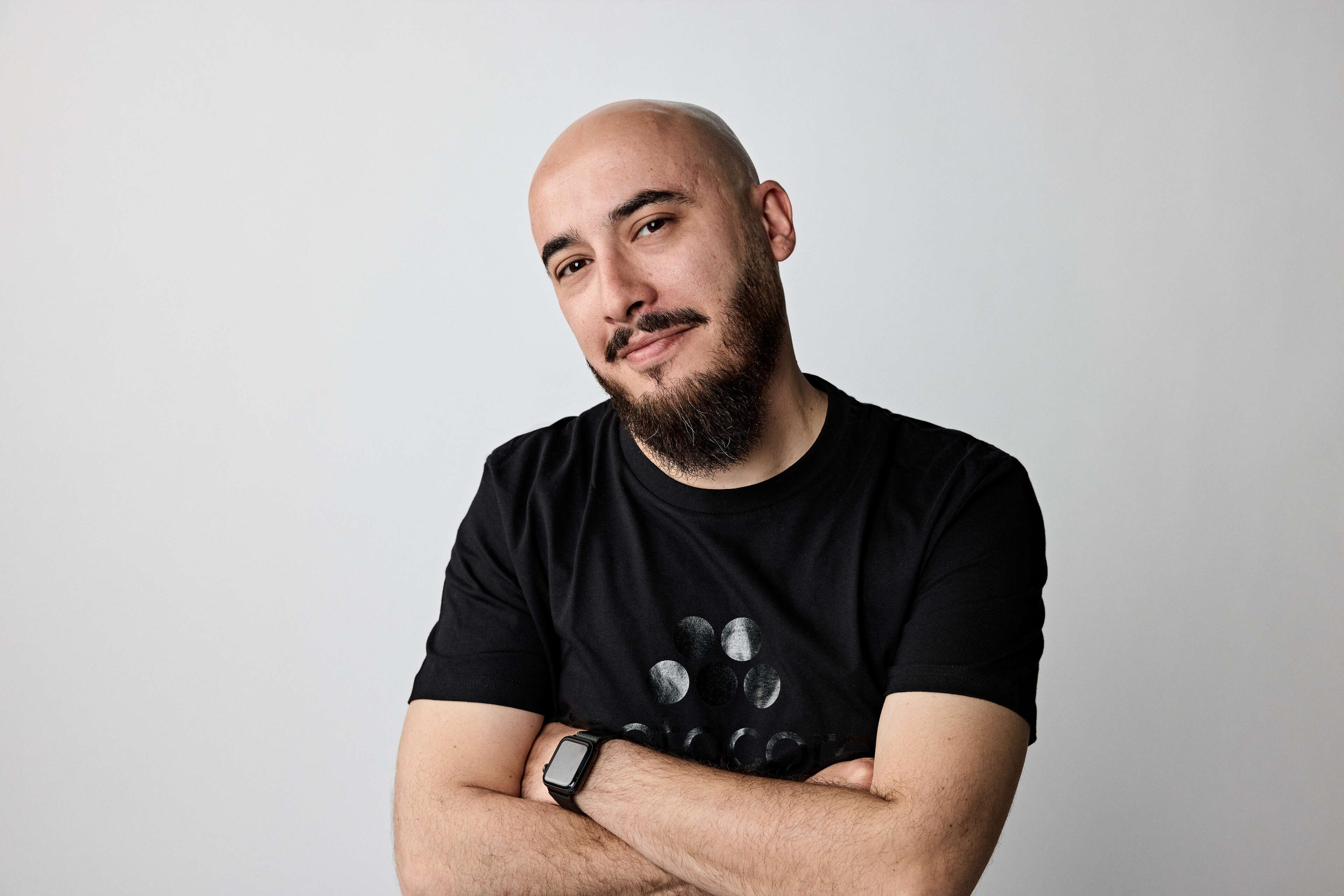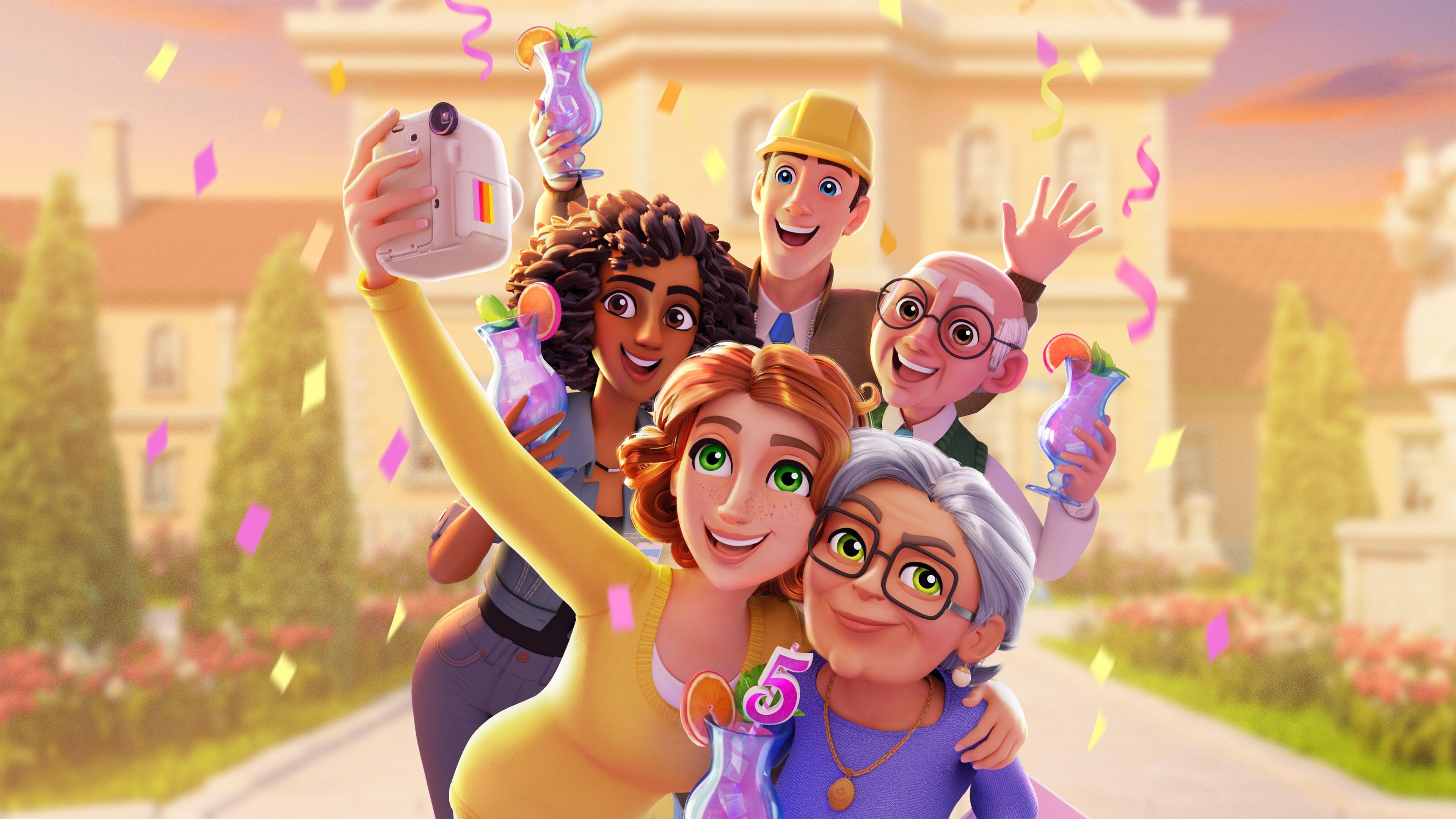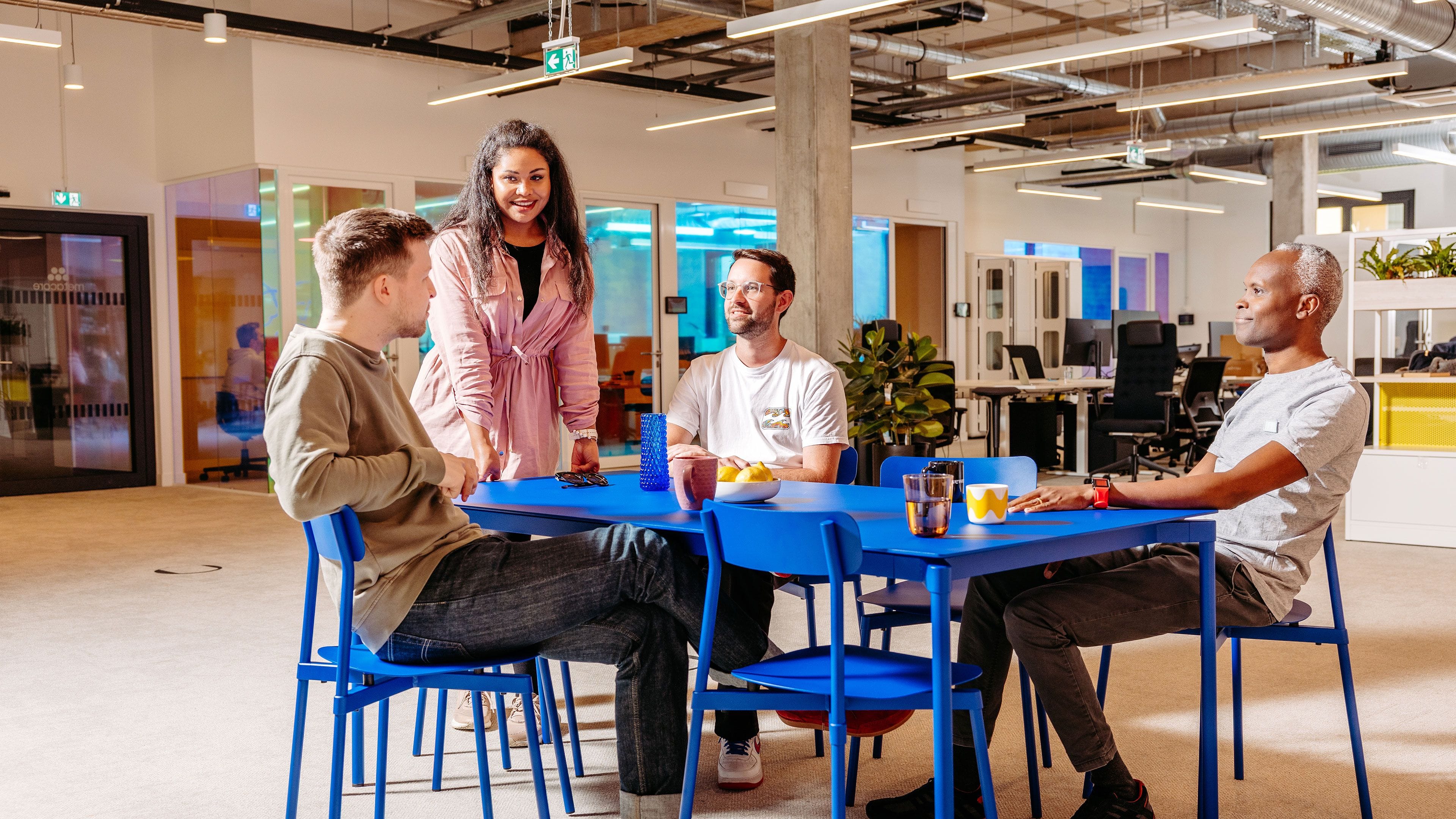
5 learnings from our first 5 years – what we have gotten right (and wrong)


Time flies when you are creating world-class entertainment – I can’t believe we are turning 5!
This September, both Metacore and our chart-topping mobile game Merge Mansion, starring beloved Grandma & Maddie, are turning 5 years old. Over the years, we have entertained millions of players and fans with our games, events, and creative marketing – and have had a lot of fun doing it.
During this time, Metacore has grown from a startup to a stable and profitable scaleup, operating in both Helsinki and Berlin. We’ve shaken up the way mobile games are made and marketed, breaking the traditional way of working and evolving the game industry as a whole. However, we’re just getting started.
We never thought growing and scaling as a company would be easy or frictionless – and we have been right. We’ve learned a lot about our audiences and players, about company culture and ways of working, about mobile games and the game industry, and so much more. We collected some learnings across our team and summarized them here as our 5 biggest learnings from the last 5 years – some things we have gotten right and some wrong.
1. Great culture requires intentional efforts from everyone, but culture alone is not enough
Our culture, based on psychological safety, trust and wellbeing, is the foundation for our success over the last 5 years. It’s the reason why people, the best and the brightest from across industries, join and grow with us. It empowers us to aim high, take ownership, and shape the future of mobile games together.
We have put a lot of emphasis on our culture and building it together, and it has paid off. Creating a place where people feel like they can be themselves and have a sense of belonging is essential.
Everyone at Metacore is seen as equal and trusted to make the right decisions. We encourage open communication and have created a safe environment to share ideas, give and receive feedback, and have tough conversations when needed. We’ve put a lot of effort into ensuring our teams can succeed, and we can keep creating world-class entertainment. The work-life balance truly holds, for it isn’t a perk but a priority.
However, culture alone cannot replace structure, clarity, and direction. For us, small independent teams didn’t hold up for very long. In a fast-scaling environment, people need structure and guidance, as well as clearly defined roles and expectations. Bringing that structure and clarity in sooner would have made growing pains much easier for us.

2. Putting players first to have happy payers
Since the very first day, we have developed games for players, not for ourselves. For us, players are the closest thing to a boss, and player experience is a priority.
Instead of solely focusing on the audience that sees themselves as gamers or playing games, we have tried to approach those who wouldn’t call themselves gamers or might not play any other mobile or video game. This has allowed us to target a wider audience and introduce Merge Mansion to fans who otherwise wouldn’t spend time with games.
Understanding audiences takes a lot of work – sometimes players themselves don’t know what they want. We have put a lot of effort into player psychology to develop games and entertainment that our audiences keep coming back to. We have identified player personas and tried to build our game logic so that each player persona would find the game intriguing and fulfilling. This way we increase the engagement in the game, which – in the long run – also increases monetization.
A lot of work has been done to better understand this, many definitions of player motivations have been written, but even today we still lack a shared vocabulary and shared understanding of this topic. Understanding players and their motivations is a never-ending learning process.
3. Creating world-class entertainment requires looking beyond the mobile screen
We have always seen our games as more than just a game – more as world-class entertainment that spans from mobile games to other forms and platforms of entertainment like tv and film. We’ve built a strong intellectual property, creative storytelling and marketing campaigns that have resonated and engaged our audiences also beyond the gameplay, irrespective of whether they play Merge Mansion (or any other game) or not. IP is what people remember: that is the most important part of creating a successful game for the long term.
The future of our industry is shaped by those who think about games beyond the mobile screen, as entertainment and strong IP. However, simply having a strong IP is not enough. You have to recognize where and when to utilize it – something we trial and error with, too.
4. Making new hit games is really, really, really hard
Since the beginning, we have wanted to build a sustainable business that lasts for decades. This means creating a portfolio of games instead of being a one-hit wonder. While not all new games that we’re developing see daylight, this long-term approach guides our investments in new games.
We have been investing heavily in creating new global hit games and sharing learnings across teams to get there.
If we knew the perfect formula for creating successful new games, we would have done it already. Creating new games is extremely hard – a sum of the right timing and a fresh-enough idea. With Merge Mansion, we were new in the merge2 genre, but going forward, we have to be able to bring something new and fresh. Whether it’s something completely new, or a significantly better version of something that already exists.
In addition, creating new games is a moving target: our competition and landscape change all the time, new games and players arise, which makes new games creation very complex. Only a fraction of new games ever see the light. With the resilience, skills, and passion our team has – added with a little bit of luck – I believe we are able to replicate the success of Merge Mansion, even repeatedly.
5. We're still young – both the industry and us
In the big picture of entertainment, the history of free-to-play mobile games is relatively short and the industry is still young. Increasing maturity pushes innovation for all the industry players, ourselves included.
We have seen massive developments in the industry, yet there’s still room for growth, as well as new, innovative ways to serve players and do marketing. To keep innovating, you need to challenge your own beliefs, because change is the only constant. There’s a lot of noise and a huge number of signals from every direction. Filtering what is relevant for you and updating your beliefs regularly is the key to success.
Sometimes someone needs to tell you 5 times before you believe it and are able to reflect on your own thinking.
The biggest thank you
Hopefully some of these learnings would be helpful for others to draw from and put into practice, too!
We wouldn’t be here without the incredible people around us – our fans and players, talented team, and partners. Thank you for the journey so far! When we succeed, everyone succeeds – our people, company, and the whole industry.
As we step into the next five years, we’re more excited than ever to keep bringing groundbreaking entertainment to audiences around the world. The best is still to come!
– Mika
Related content

